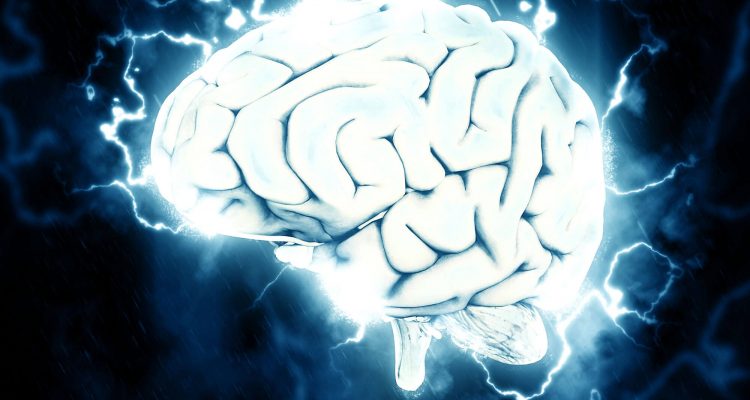
The heart's effect on the brain: A condition that increases the risk of dementia has been named
0
Today there is no accurate data on what contributes to the development of dementia. However, scientists continue to shed light on the possible causes and risks of the disease. For example, a link between dementia and heart rhythm disorders has been found.
Australian cardiologist Ben Freedman from the Heart Research Institute (Heart Research Institute) said that people with atrial fibrillation have an increased risk of cognitive decline and, therefore, dementia. According to him, there is convincing evidence of this effect of the heart on the brain. He believes that early diagnosis of atrial fibrillation can be seen as a strategy to prevent or delay dementia.
Dementia and heart rhythm disorders are expected to increase as the world's population ages. “Projections show that the number of people with atrial fibrillation will increase by 150% over the next four decades, and the incidence of dementia will double every six years,” said Ben Friedman.
The cardiologist emphasized that the two conditions share common factors. risk These include old age, hypertension, diabetes, sleep apnea, coronary heart disease, strokes, obesity and excessive alcohol consumption.
Ben Friedman said that one in three people over the age of 50 develop atrial fibrillation. It occurs more often in men than in women. He recommended checking the pulse every year.
According to the study, taking anticoagulants for atrial fibrillation may reduce the risk of dementia. The fact is that with this heart disease, blood accumulates and its clots can move around the body and get to the brain. Taking blood-thinning drugs will help prevent the formation of blood clots and, as a result, avoid stroke and dementia, scientists believe.









Leave a Reply